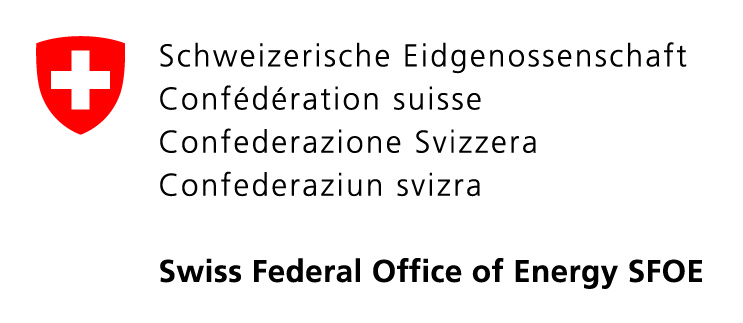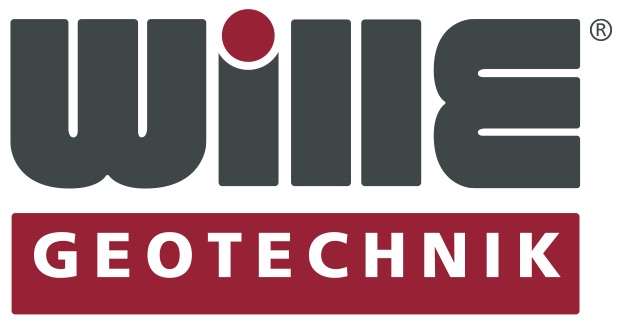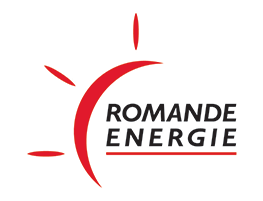28 September 2018 – 10:15 AM
Marcelo Sanchez
Texas A&M University, USA
Methane hydrates are ice-like compounds made of gas methane and water. Hydrates are stables under low temperature and high pressure conditions constraining their occurrence in sediments to marine and permafrost settings. A shift from the stability conditions triggers an endothermic hydrate dissociation with the associated release of gas and water, impacting (amongst others) on sediment pore pressure, temperature, and deformations. Therefore, the behavior of hydrate bearing sediments (HBS) is controlled by strongly coupled thermo-hydro-chemo-mechanical (THCM) actions. The analysis of available data from past field and laboratory experiments, and the optimization of future field production studies require a formal and robust numerical framework able to capture the complex behavior of this type of soil. The lecture presents different problems involving HBS, from laboratory experiments involving natural hydrate samples to gas production tests. A comprehensive and fully coupled THCM framework to tackle problems involving HBS is briefly described. The analyses show the complexity of the THCM phenomena associated with this type of system and assist to gain a better understanding on HBS behavior.










